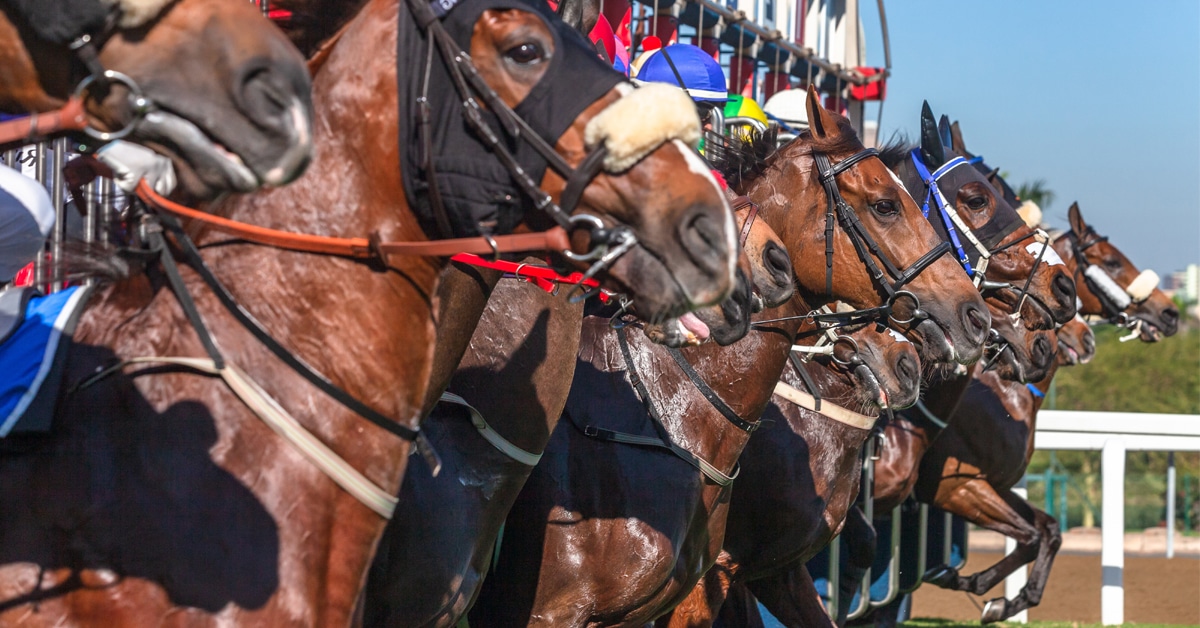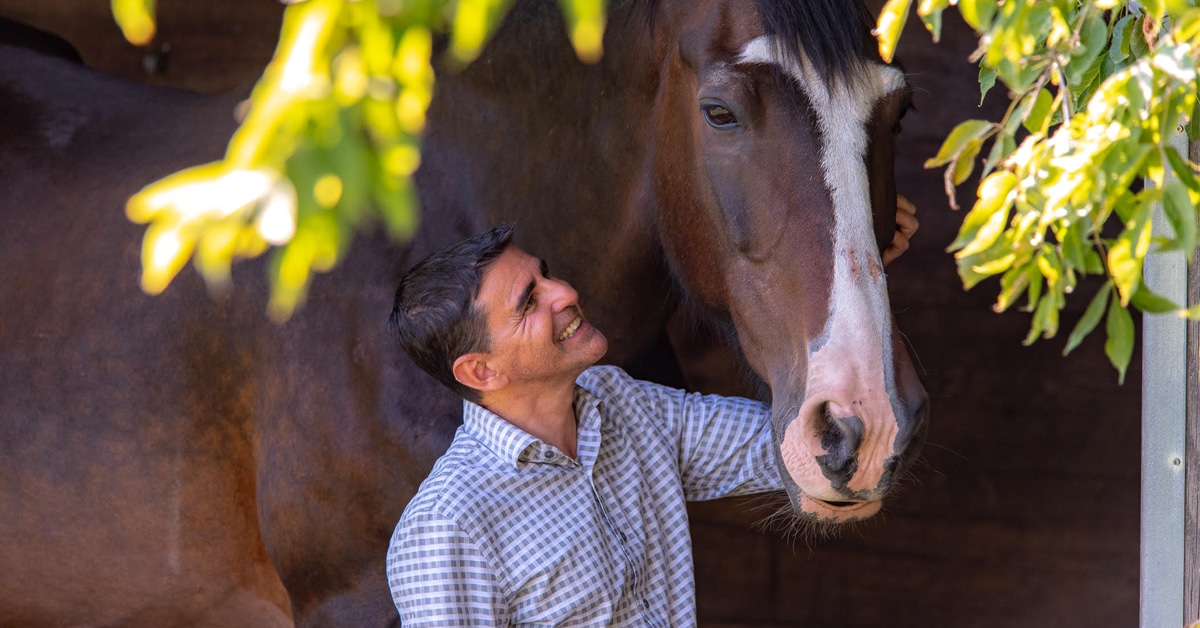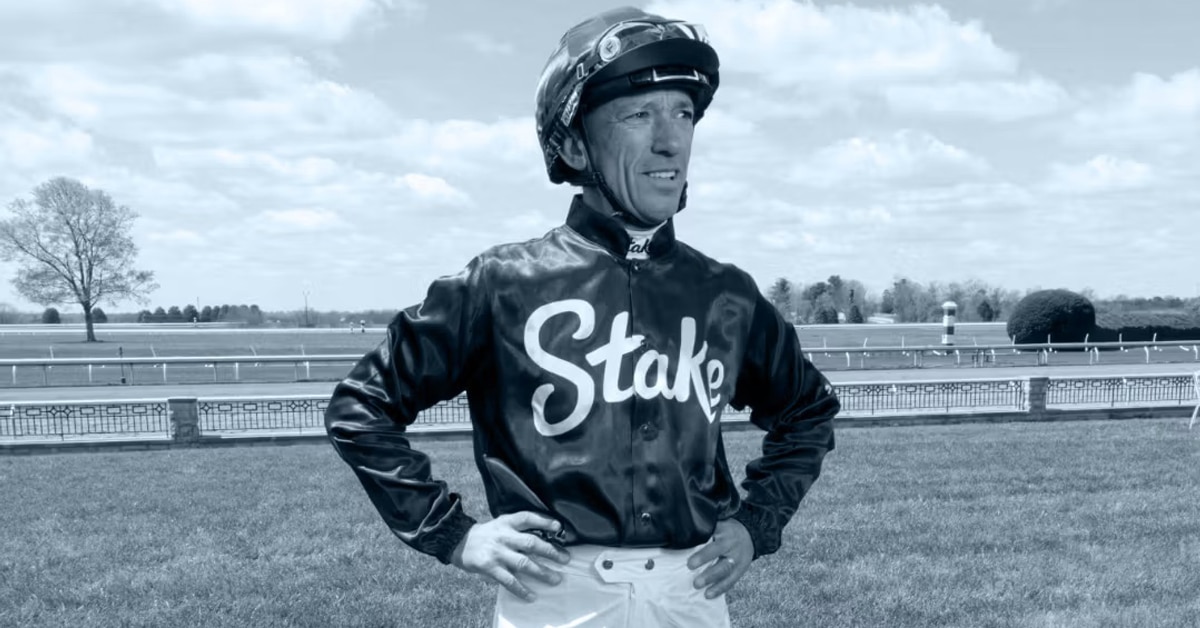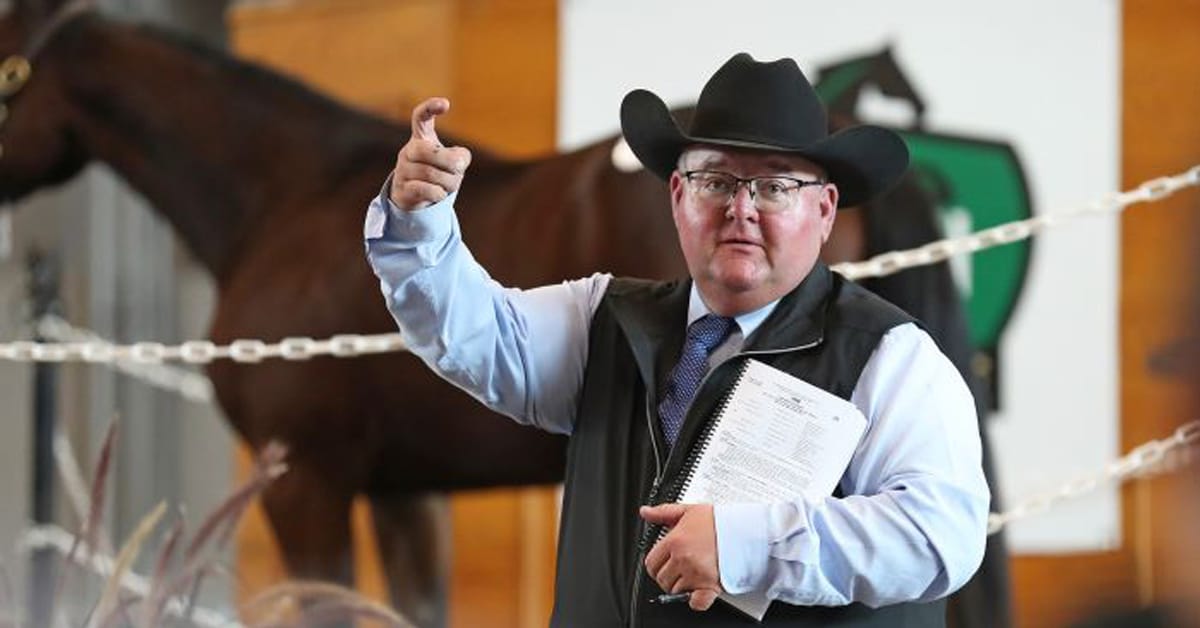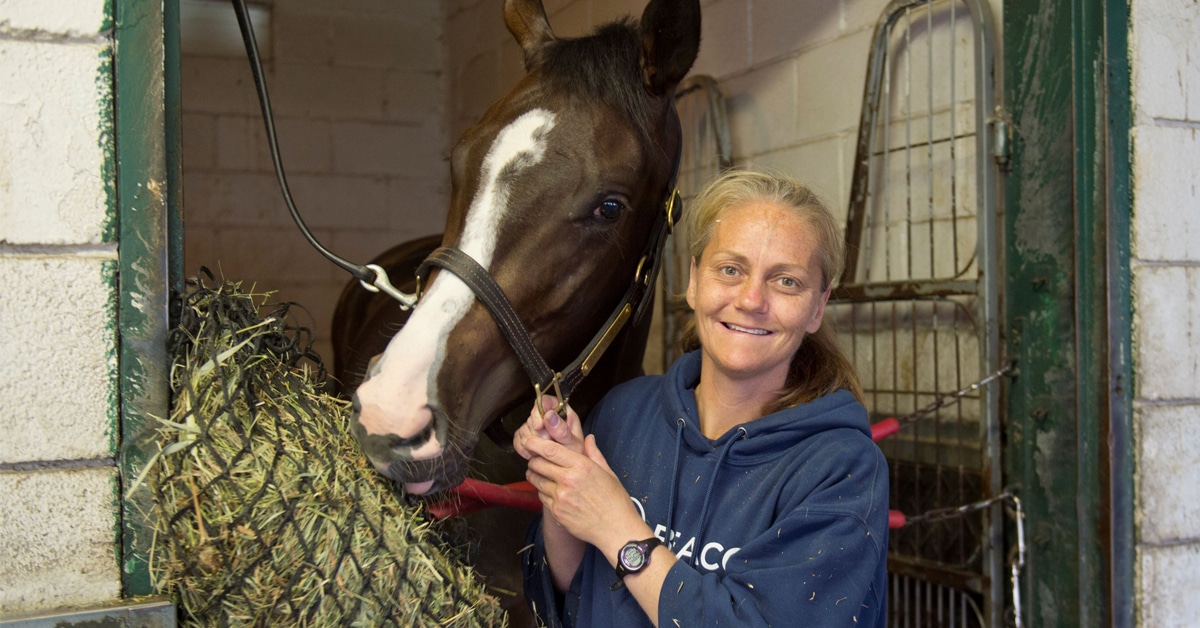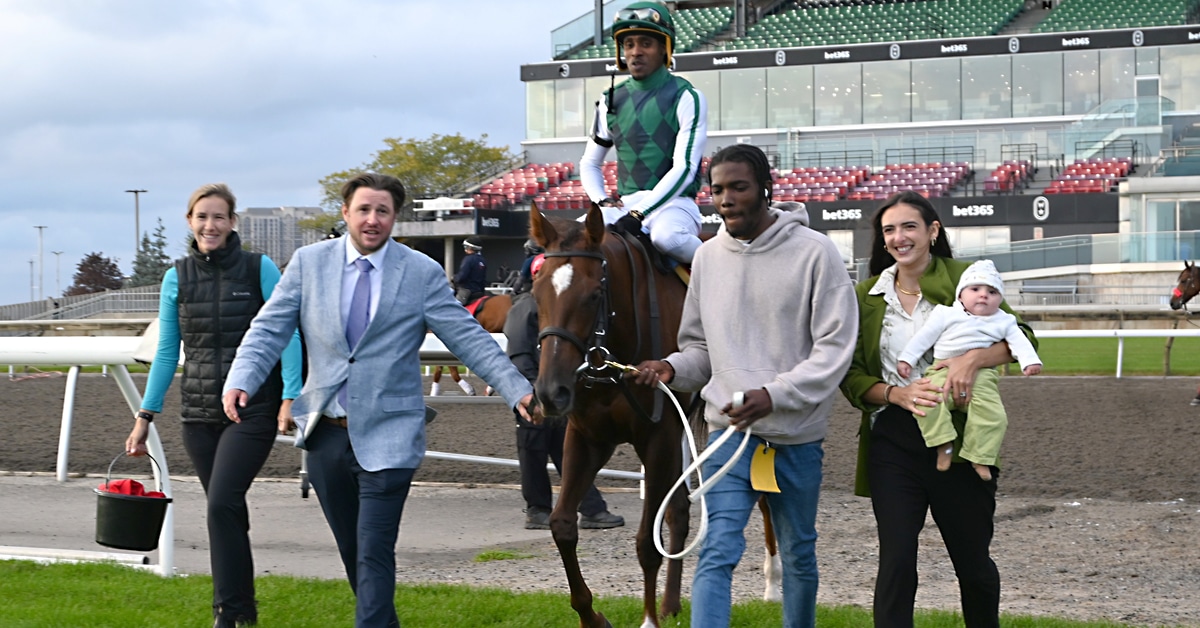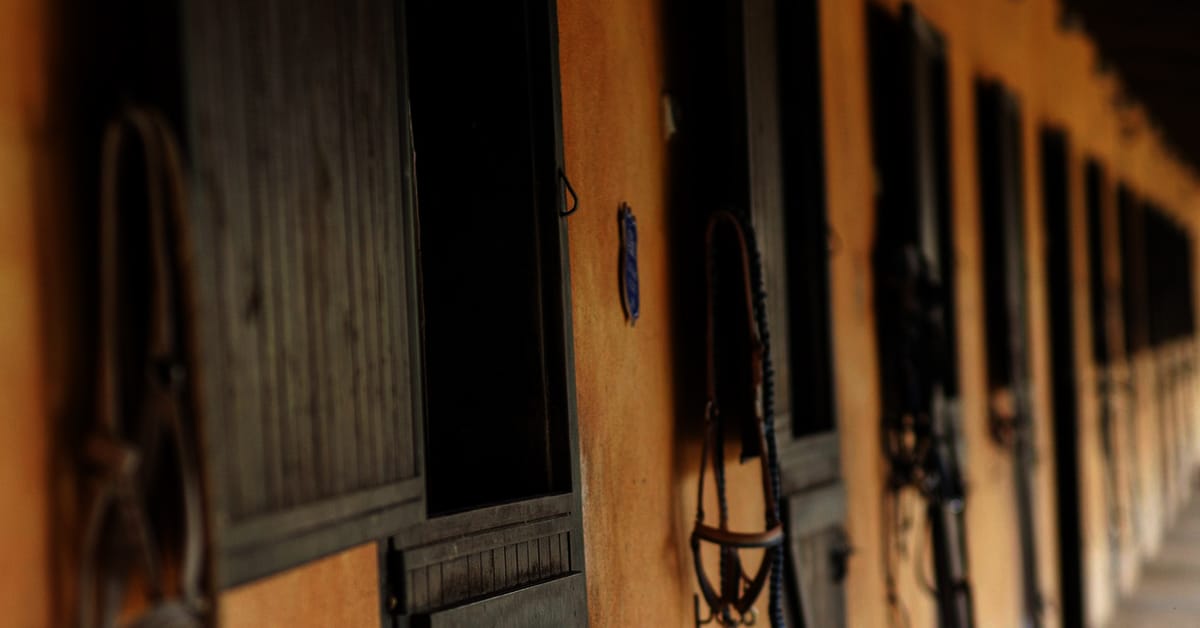An industry-wide commitment to tote technology. Horseplayers are still suspicious about pool manipulation as they see odds drop during the running of a race. Whether or not past-post betting is happening (it likely isn’t), the optics are not good. Should it really take 30 seconds for bets to cycle through a digital network this far into the 21st Century?
An industry-wide commitment to high-definition television. Who isn’t broadcasting in high-definition these days? Sadly, horse racing. While the rest of the sporting world recognizes the importance of a crystal-clear television signal, many North American racetracks still send out 1970s-era fuzzy video streams. The worst examples are the casino tracks that have the money to spend and simply won’t make the investment.
Collaboration of the “alphabet soup organizations.” It’s probably too much to ask for consolidation of the numerous horse racing associations that we know by their acronyms (TJC, RCI, TOBA, HBPA, TRA, NTRA, THA, TOC, RMTC, et al), but can they at least try to find some common ground in the pursuit of a better industry? I wish every one of these groups would send their highest paid executive and one board member to an annual retreat (checking egos and cell phones at the door) where a professional facilitator helps them identify specific areas where they can work together toward a shared goal.
Thinking like a major league sport. Equibase was a significant step forward when it was created by the U.S. Jockey Club and the Thoroughbred Racing Associations (the organization representing racetracks) in 1990. It took collection and ownership of horse racing data out of the hands of a private company (Daily Racing Form) and into the hands of “the industry.” Unfortunately, Equibase has been managed like the for-profit company it is rather than as a foundation to increase fan interest in the sport and, ultimately, to stimulate betting. That needs to change.
No other sport puts the kind of paywall around data that horse racing does. Strangely enough, no other sport in North America depends on legal gambling for its primary revenue stream. Chew on that for a minute: Racing needs people to gamble yet charges for the basic data required to make an informed bet. Can you imagine casinos bilking a blackjack player for a deck of cards?
Thinking like a major league sport goes beyond tearing down the data paywall. It means creating a website that serves as a one-stop shop for everything horseplayers want and need: information, searchable and sortable data, live streaming, video replays, real-time news, access to wagering.
Creation of an “industry” site should not preclude privately owned companies from competing and adding value to the data. The National Football League and NFL.com do not prevent ESPN and a multitude of others from using the data. Competition is good. Greed is bad.
A re-set on pricing and wagering. Racetracks are like lemmings, blindly marching in unison toward the unknown. I don’t know who gets the credit (or blame), but a racetrack executive somewhere decided to offer a pick 5 wager with a low takeout. It generated large pools, so virtually every other track followed suit, and the low takeout pick 5 wager became a sensation.
But the pick 5 wager is contrary to what every pari-mutuel manager learned about “churn.” Multi-race bets like the pick 5, enhanced by the lure of low takeout, tie up a horseplayer’s money for 50 percent of a racetrack’s daily program. If a gambler puts $100 into pick 5 to start the day, that money sits in the pool for five races.
Conversely, if racetracks were to offer equally low takeout exactas on five consecutive races, winnings from each of those races presumably would be churned back into the next race. That same $100 invested in five consecutive exactas might total $500 in wagers or more by the end of the fifth race.
Racing will be better off by reducing takeout on single-race wagers that encourage churn.
National regulatory oversight. Simulcasting made horse racing a national sport. State-to-state regulatory oversight stopped working years ago. It’s time to fix one of the game’s biggest problems.
Thinking like a major league sport goes beyond tearing down the data paywall. It means creating a website that serves as a one-stop shop for everything horseplayers want and need.
The Latest
